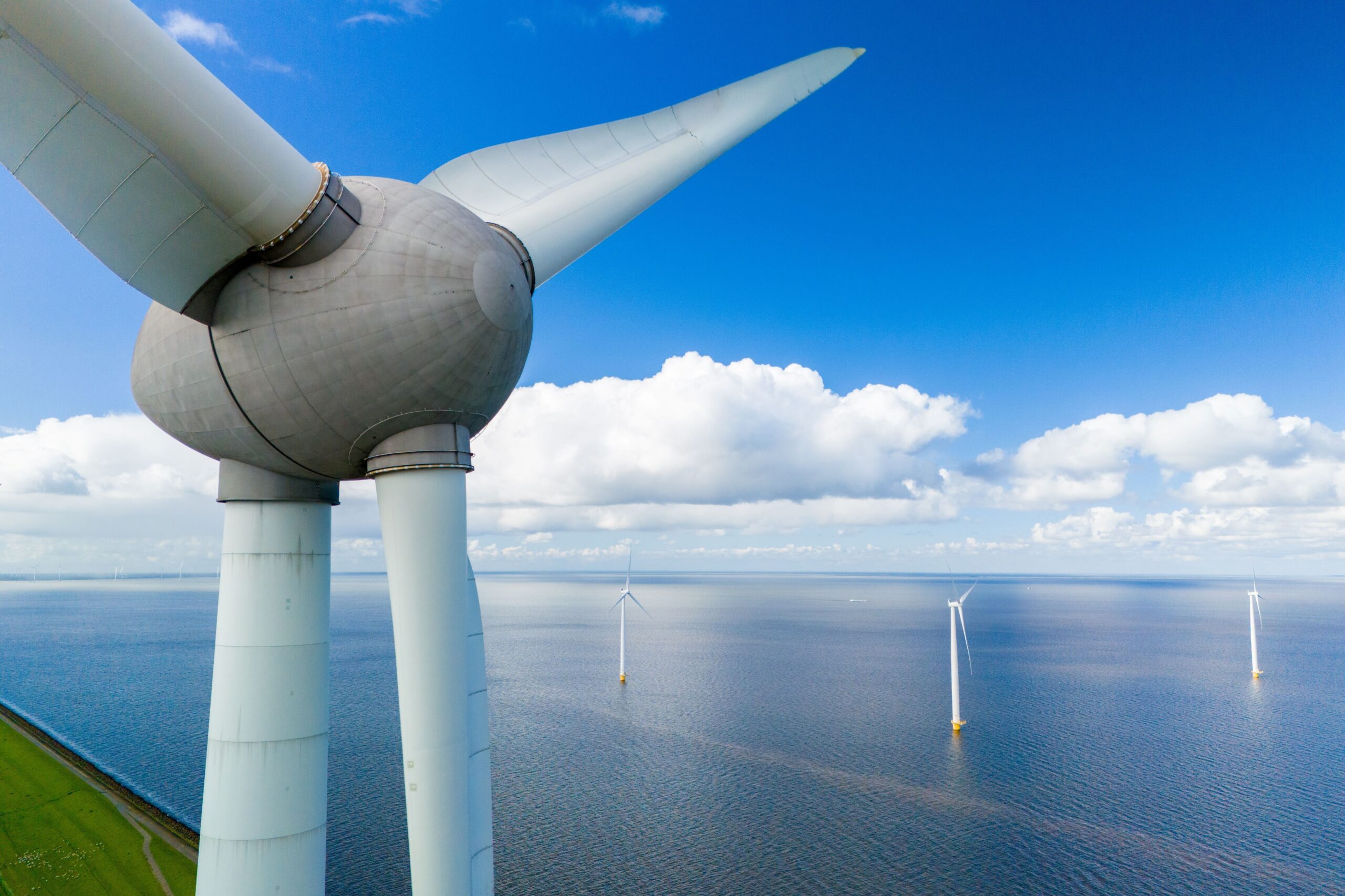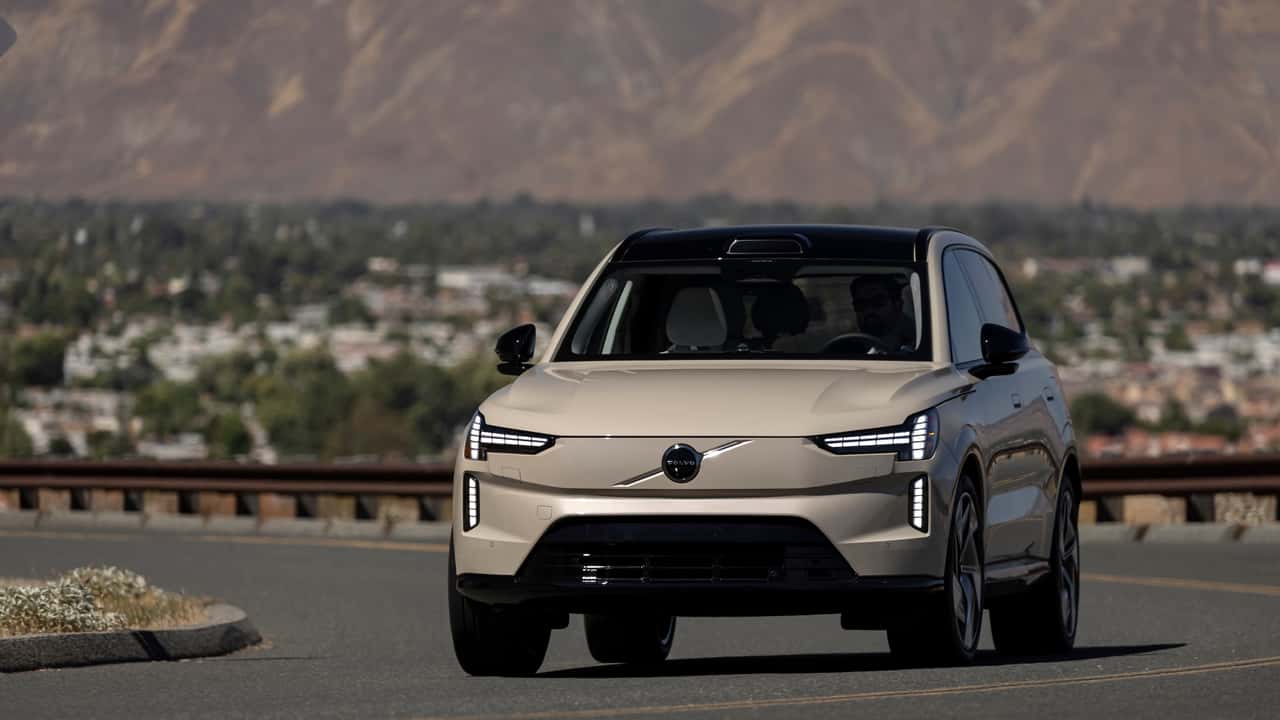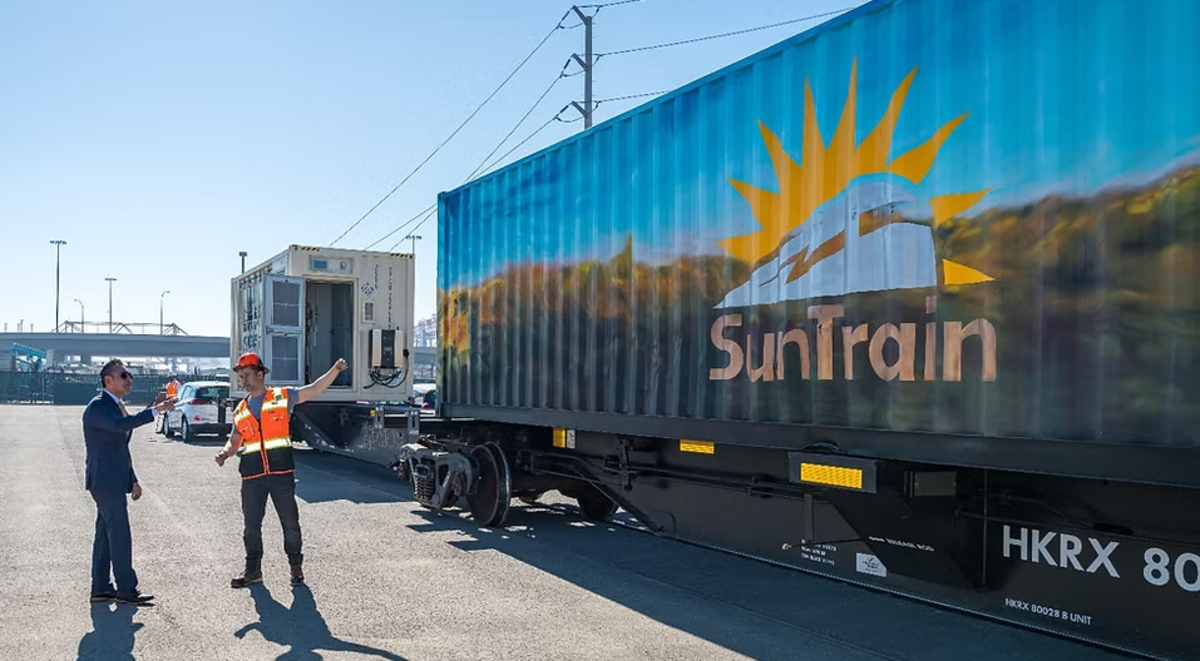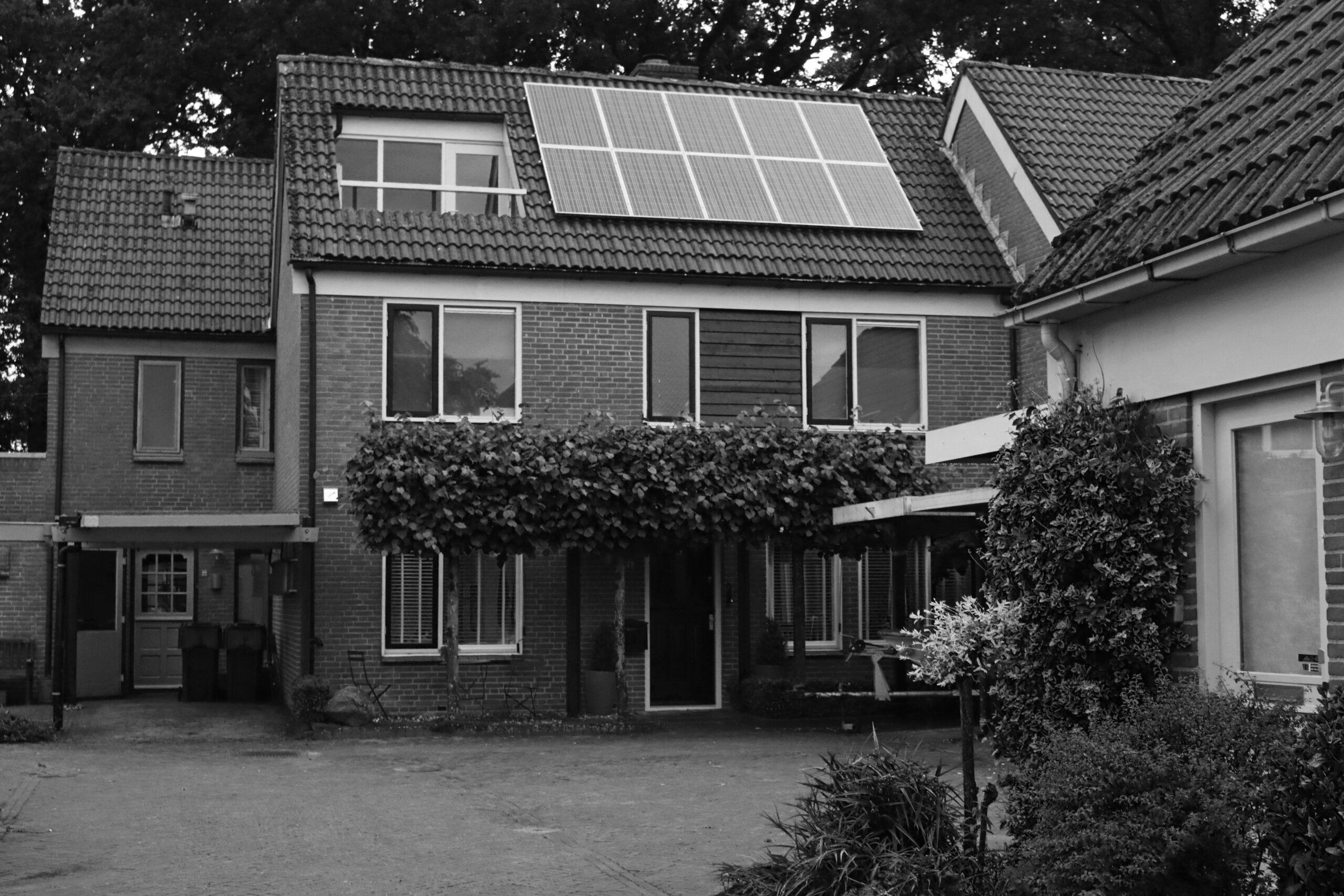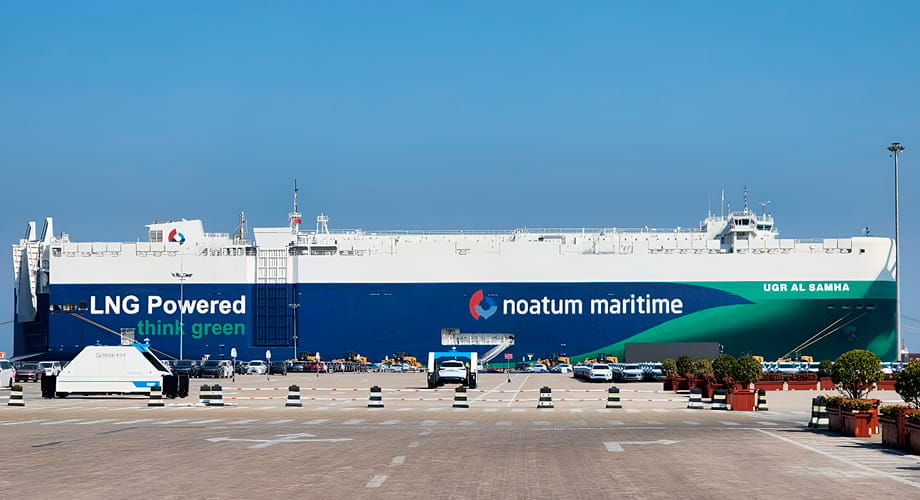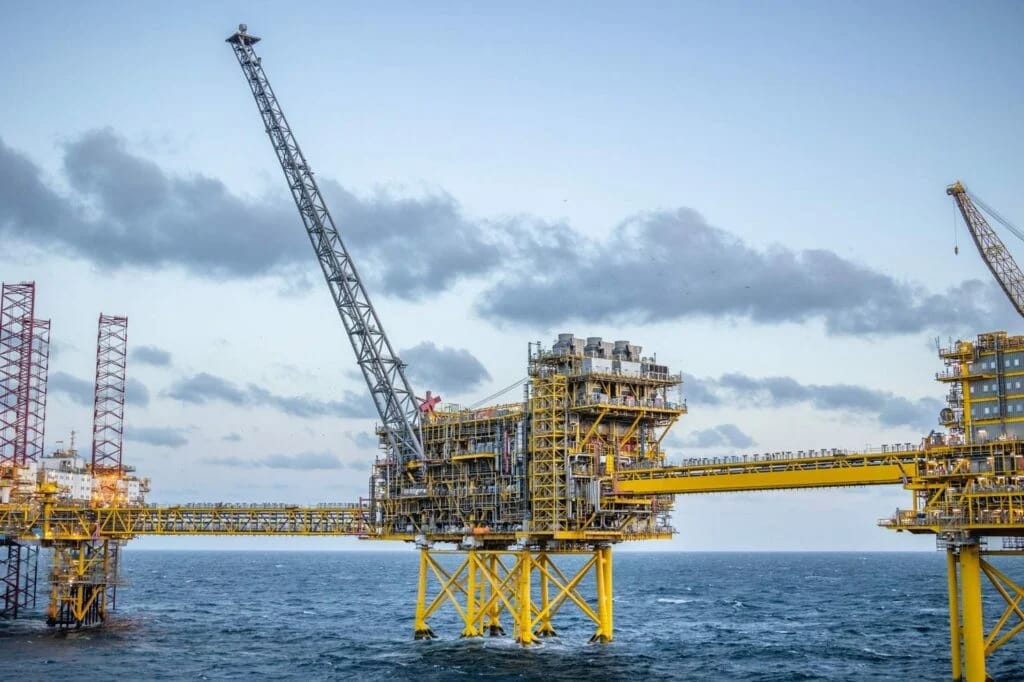Hyundai and Indian Oil Launch Hydrogen Fuel Cell Trials in India’s Push for Clean Transport
Hyundai Motor Company and Indian Oil Corporation are shaking things up in India’s race toward clean transportation. In 2024, they…
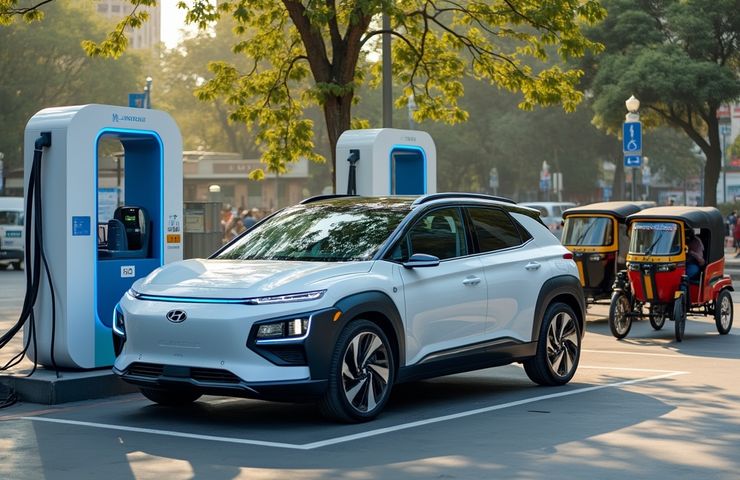

Hyundai Motor Company and Indian Oil Corporation are shaking things up in India’s race toward clean transportation. In 2024, they kicked off real-world hydrogen mobility trials in the hectic streets of Delhi NCR, putting Hyundai’s NEXO fuel cell electric vehicle (FCEV) to the test.
Hydrogen Mobility Hits the Streets of Delhi NCR
This isn’t just about hitting the road with a flashy new car—it’s about paving the way for a future powered by hydrogen fuel cells. And there’s no better testing ground than Delhi NCR, a mega city battling some of the world’s worst air quality, packed with over 31 million people. If hydrogen tech can thrive here, it can thrive anywhere.
Quick snapshot:
- Who: Hyundai Motor Company and Indian Oil Corporation
- What: Testing the real-world potential of hydrogen FCEVs
- Where: Delhi NCR, India
- When: Trials started in 2024
- Why: To see how these vehicles perform, what infrastructure is needed, and whether drivers are ready to make the leap to zero-emission rides
Inside the Trials: Tech Behind the Move
The centerpiece of this project? Hyundai’s NEXO FCEV. It’s a futuristic SUV that can rack up over 600 km on a single hydrogen refill and leaves nothing behind but water vapor. Under the hood, a hydrogen fuel cell converts hydrogen and oxygen into electricity — a technology that’s been around since the early days of NASA missions but now seems ready for rush-hour traffic.
Backing that ambition is a growing hydrogen infrastructure. Indian Oil is rolling up its sleeves and setting up hydrogen refueling stations, laying down the network needed not just for Hyundai’s trials but for a much bigger hydrogen future across India.
Strategic Stakes: Why This Partnership Matters
For Hyundai, it’s a prime opportunity to show the world that its fuel cell technology isn’t just cutting-edge — it’s road-ready. Meanwhile, Indian Oil is looking to future-proof itself, moving beyond fossil fuels by embracing India’s big push for sustainable energy.
If this pilot succeeds, it could kickstart bigger investments in hydrogen mobility, boost domestic development of hydrogen infrastructure, and open the door to mass adoption across India in the coming years. And on the economic side? We’re talking new jobs in green tech, lower oil dependency, and anchoring India firmly in the global hydrogen supply chain boom.
Historical Tailwinds: Hydrogen’s Long Journey
It’s wild to think that hydrogen fuel cells first made their name powering spacecraft, and now they’re inching closer to everyday use on Earth. Big players like Toyota, Honda, and Hyundai have poured decades—and mountains of cash—into perfecting zero-emission technology.
Today, with government initiatives like India’s National Hydrogen Mission shifting into high gear, all the pieces are starting to fall into place. The timing couldn’t be better, especially for cities like Delhi that desperately need clean air and new ways to tackle pollution head-on.
What Comes Next?
In the short run, the trials will focus on some key make-or-break factors: how durable the fuel cells are in stop-and-go urban traffic, how weather—like Delhi’s scorching summer heat—affects performance, and, of course, the real-world cost of fueling up with hydrogen.
But if everything clicks? Delhi NCR could be ground zero for India’s first true hydrogen-powered transport network. And you can bet the rest of the world will be paying close attention to see if Hyundai and Indian Oil have cracked the code.
One thing’s for sure: with the global shift toward sustainable energy gaining momentum, hydrogen isn’t just coming back — it’s racing toward the mainstream faster than ever.
What's Your Reaction?













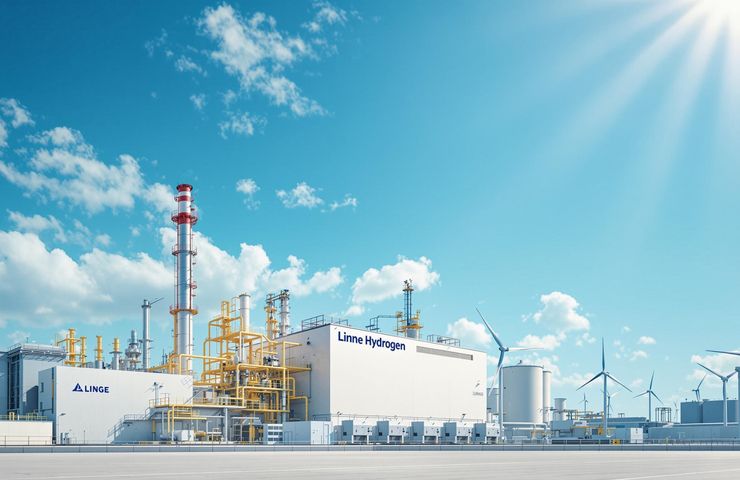
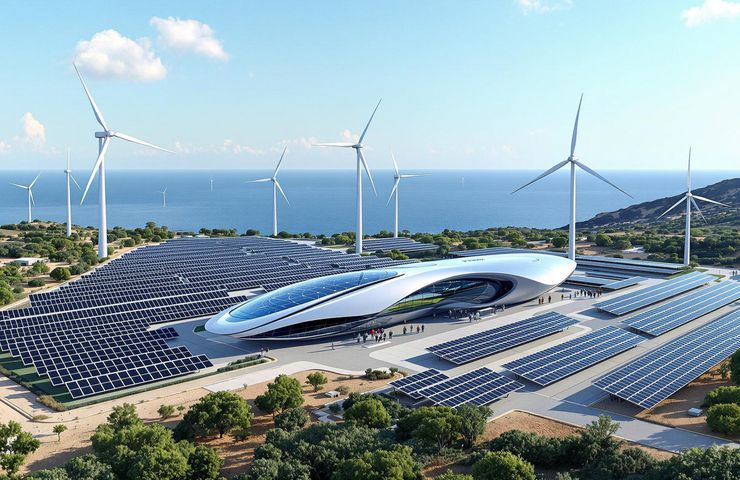
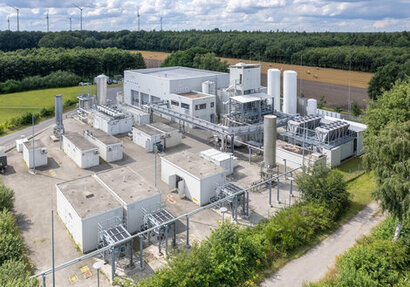
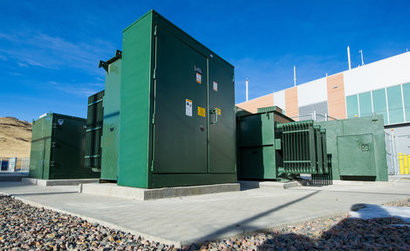

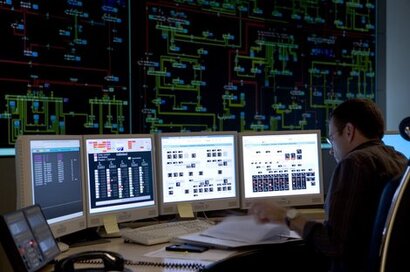




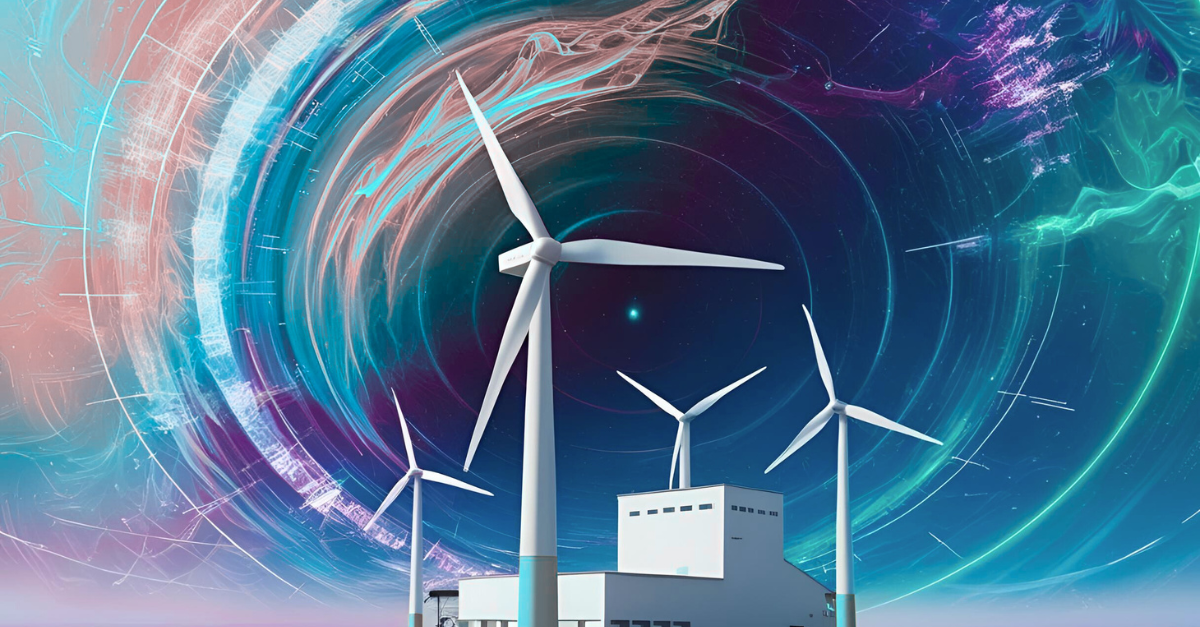

![[Upcoming Webinar] Addressing the Wind Industry's €25 Billion Annual Wake Loss Problem](https://www.windesco.com/hubfs/Swarm%20webinar%20cover%20image.png)
